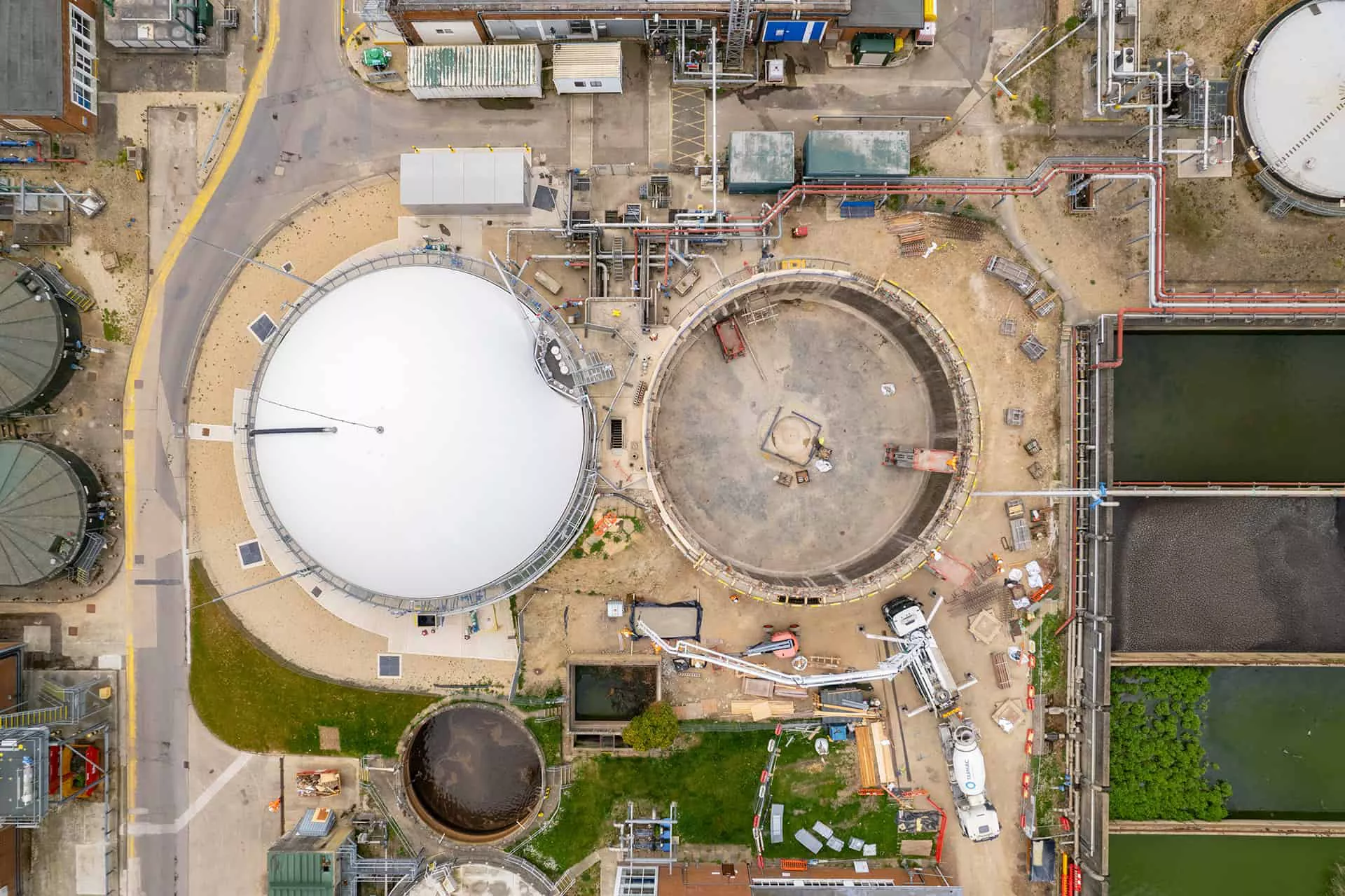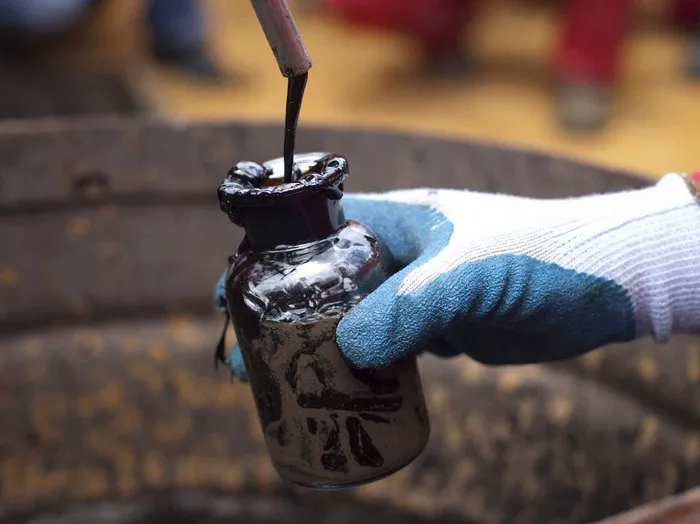Amid a severe shortage of crude oil, Nigeria’s domestic refineries have reported a significant increase in their crude oil requirements for the latter half of 2024. According to data from the Nigerian Upstream Petroleum Regulatory Commission (NUPRC), the daily demand from refineries has risen to 597,700 barrels per day (bpd) from 483,000 bpd in the first half of the year.
The NUPRC’s figures indicate that during the first six months of 2024, the commission managed to secure only 177,777 bpd from oil producers, a substantial shortfall compared to the refineries’ needs.
The growing demand for crude oil, combined with the inability of oil producers to meet these requirements, has led to tensions between the 650,000-bpd Dangote Refinery and the NUPRC. Dangote Refinery, Africa’s largest, has criticized the NUPRC for failing to enforce regulations that require oil producers to supply domestic refiners. The refinery has expressed concerns that this lack of enforcement is increasing its operational costs.
The refinery’s difficulties are compounded by a need to import more crude due to insufficient domestic supply, potentially impacting its performance for the remainder of the year. In response, the NUPRC has attributed the shortfall to operational challenges and existing commitments by producers to traders who funded drilling activities. The commission has also cautioned that enforcing additional supply obligations could violate existing contracts.
Looking ahead, the NUPRC projects a national average crude oil production of 1.7 million bpd by December 2024, an increase from the 1.57 million bpd forecast for January through July, which was not achieved.
NUPRC Chief Executive Mr. Gbenga Komolafe highlighted that understanding these data trends is crucial for assessing Nigeria’s energy needs for the second half of 2024.
Starting in August, eight new refineries are set to commence operations with a combined refining capacity of 864,500 bpd. This expansion will necessitate that oil producers supply approximately 432,250 bpd, over half of the total refining capacity.
A consortium of 52 oil producers, including major players such as TotalEnergies, Chevron, Shell, and ExxonMobil, will fulfill these requirements, primarily through their joint ventures with the Nigerian National Petroleum Company Limited (NNPCL).
Dangote Refinery has called on the NUPRC to enforce the Domestic Crude Supply Obligation (DCSO), which mandates that a portion of crude oil production be allocated to domestic refineries. The refinery has noted a discrepancy in the crude allocation, receiving only six cargoes from the Nigerian National Petroleum Corporation (NNPC) instead of the expected 15 for September.
“Our main issue is that while the NUPRC is pressing for compliance, international oil companies are not adhering to the directives,” stated Dangote Refinery. “As a result, we are forced to buy Nigerian crude from international traders at an additional premium of $3-$4 per barrel, which equates to an extra $3-$4 million per cargo.”
Related topics:


























